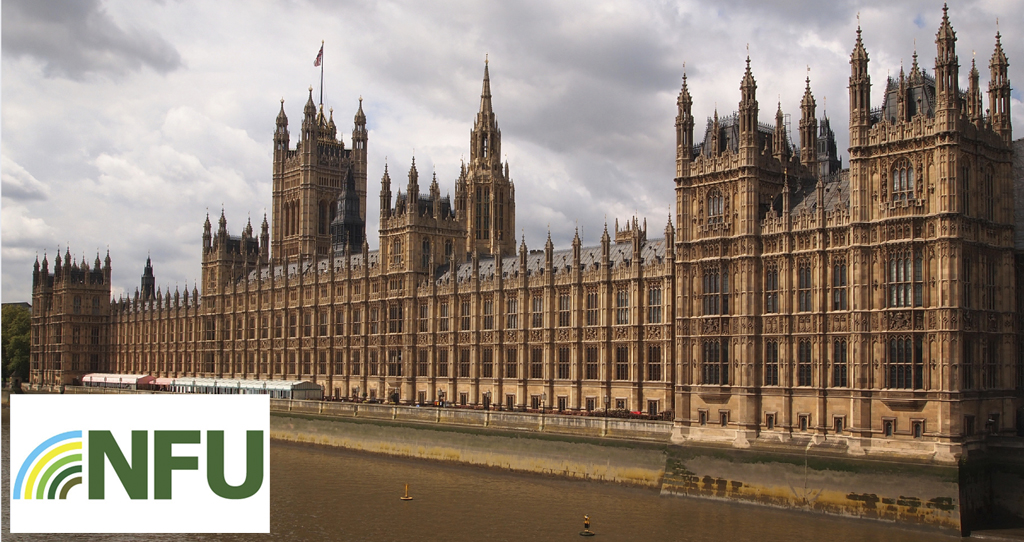The event was attended by MP's and their researchers, Mr Askew used the opportunity to highlight the importance of the biofuel industry to agriculture. Find out what he said below:
"NFU is the largest farming union representing 55,000 members including 46,000 farming businesses. The UK food and farming sector is worth over £112 billion pounds employing almost 4 million people.
Farmers have been supplying fuel for the transport sector for centuries from the early days of oats for horses and now biofuel to power our cars and that’s why it’s a pleasure to talk about the benefits of E10 brings to my business and fellow farming colleagues.
In the North East we can produce a range of crops with feed wheat being one of the key crops in the rotation. We mainly produce feed wheat as opposed to milling wheat for human consumption because of our location with the longer days and higher rainfall. This feed wheat is mainly used for animal feed and distilling in Scotland by the drink industries. Grain would otherwise be exported on to the world market potentially at a discount, but with ethanol production in full swing at capacity the two plants will use 2.2 million tonnes of wheat per year and provide about 1 million tonnes of high value protein feed for our livestock industry.
The benefits of bioethanol to agriculture can be broken down into 3 key points:
Food security:
Our exportable surplus would end up on the world market competing against the likes of Russian wheat, which often means prices well below the cost of production. So processing the wheat in the UK provides a floor in the domestic price and knowingly having a local market for my wheat gives me confidence to keep growing it - otherwise fields especially on poorer land may be un-cropped. This helps to reduce volatility and helps to encourage continued investment across all agricultural commodities, as we head for brexit it surely makes sense to support and strengthen domestic market opportunities.
Self sufficiency:
The high protein animal feed (DDGS) produced as a co product as a result of biofuel production is crucial to livestock production in the UK. We currently have 70% deficit for protein and import about 3 million tons of soya each year mostly from South America, the DDGS displaces these imports and provides a local all year round alternative. This in turn helps dampen prices which leaves the livestock and dairy industry less exposure to volatility in feed prices. It’s remarkable how I can provide wheat at 10% protein which is refined to produce fuel for my car and protein feed at 34% energy for feed rations!
Sustainability:
All crops entering the European and UK biofuel supply chain are supplied through the EU Commission approved voluntary schemes to ensure the sustainability criteria set out under the renewable energy directive is met. All the UK crops entering this supply chain do so under Red Tractor Assurance scheme.
There is also on farm sustainability to consider - the reduction in market volatility provides a stabilising influence on farm income and reduces the risks associated with producing globally traded commodities. Having a local domestic market putting a floor in the wheat price and a ceiling on the protein price gives farmers and the supply chain the confidence to make investment both on and off farm. It facilitates investment in new research leading to increased yields across the rotation; it benefits our understanding of soil and the interaction with the environment which ultimately provides a profitable and sustainable farming sector.
